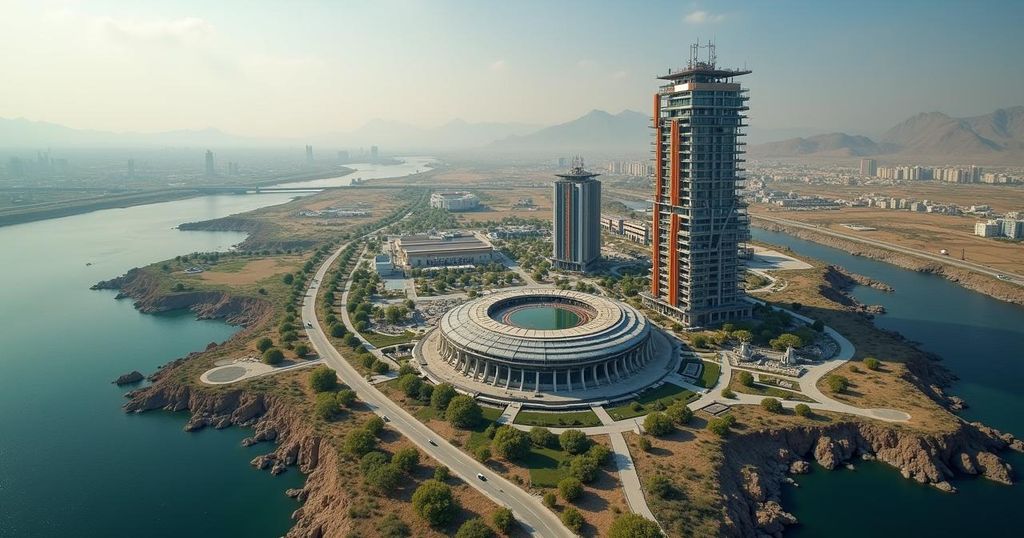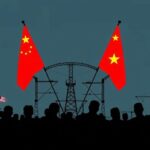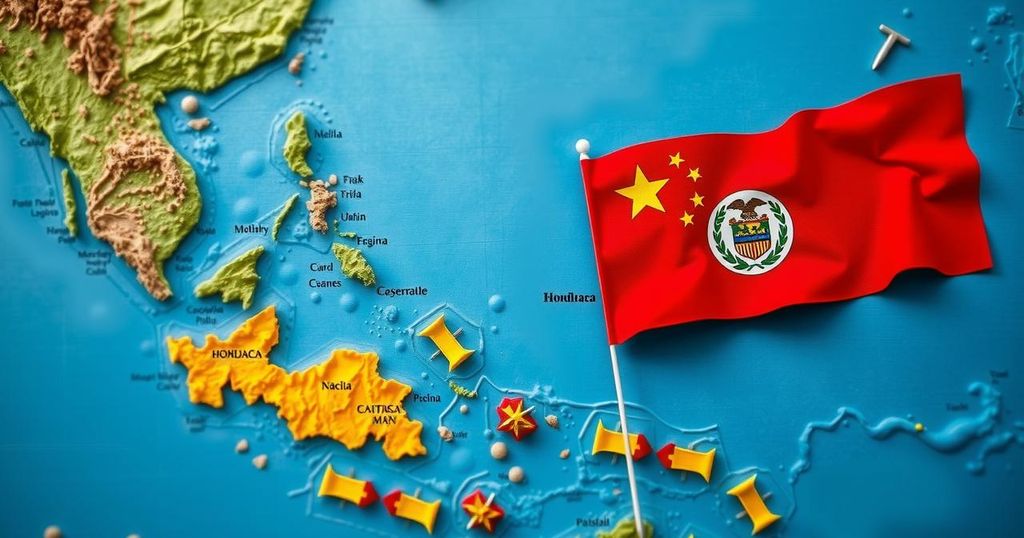IMF’s Demand to End Investment Perks Threatens Chinese Projects in Pakistan
The IMF has requested Pakistan to discontinue investment incentives, which could negatively impact Chinese projects, particularly an export processing zone in Karachi. This measure aims to ensure a fair investment environment and protect the tax base, which has been undermined by previous concessions in low productivity sectors.
The International Monetary Fund (IMF) has urged Pakistan to eliminate investment incentives, a move that is poised to adversely affect several key projects, particularly those related to China’s Belt and Road Initiative. In a recent report published on October 10, the IMF called for the cessation of tax breaks and subsidies for both new and existing special economic zones. This recommendation aims to create a more equitable investment environment that does not compromise the country’s tax revenue. According to Nathan Porter, IMF’s mission chief for Pakistan, the need for a level playing field is critical in enhancing investment without risking the integrity of the nation’s tax framework. He noted that previous protections and concessions extended to sectors with lower productivity have hindered Pakistan’s ability to attain sustainable growth rates comparable to its regional counterparts. This IMF directive is particularly concerning for a new export processing zone planned at the site of the Pakistan Steel Mills, located in Karachi, which is the nation’s financial hub. As the country navigates these recommendations, it faces the challenge of balancing the need for investment incentives with the imperative to maintain a robust tax base.
The International Monetary Fund (IMF) plays a significant role in shaping the economic policies of countries seeking financial assistance. Pakistan, facing economic challenges, has engaged with the IMF to secure support. The IMF’s demands often include implementing reforms aimed at fostering sustainable economic growth, which may involve revising incentive structures for various sectors, including special economic zones. The Belt and Road Initiative, a massive infrastructure project led by China, has substantial involvement in Pakistan and is critical for the country’s economic development. However, the IMF’s latest conditions may alter the landscape of these investments.
The IMF’s insistence on the elimination of investment incentives in Pakistan signals a pivotal moment for the country, particularly for its special economic zones and the ongoing projects under the Belt and Road Initiative. As Pakistan grapples with these changes, it must strive to balance the need for attracting foreign investment with the preservation of its fiscal health.
Original Source: www.scmp.com








Post Comment